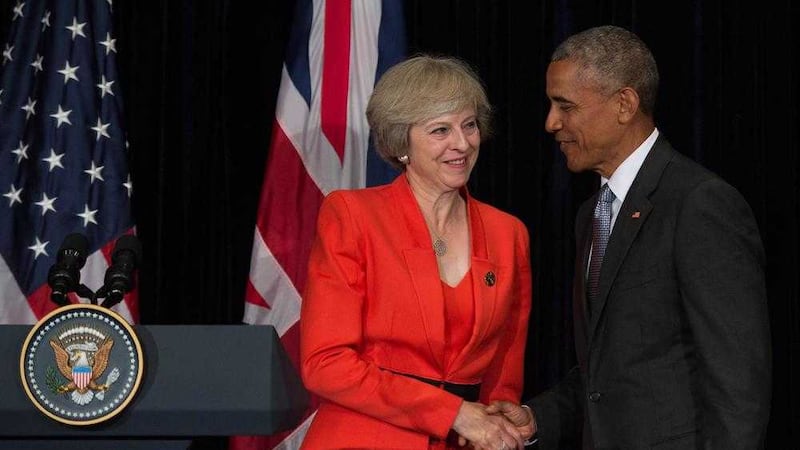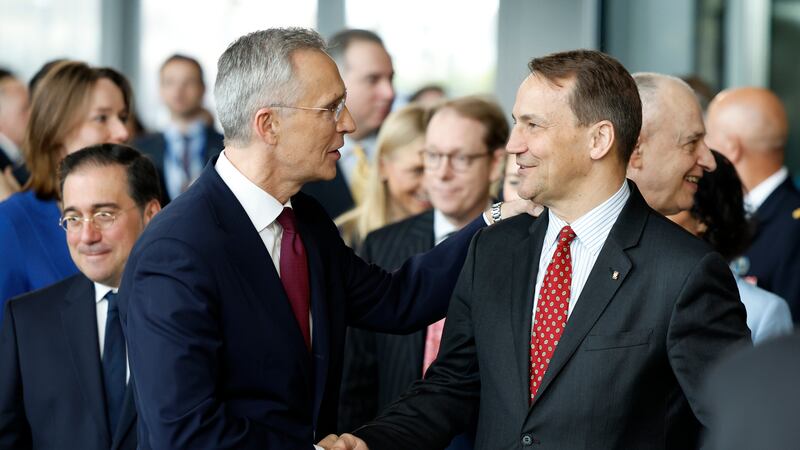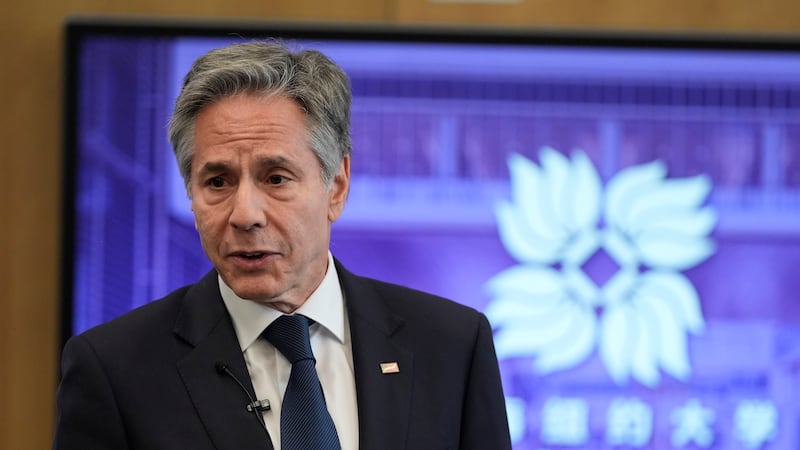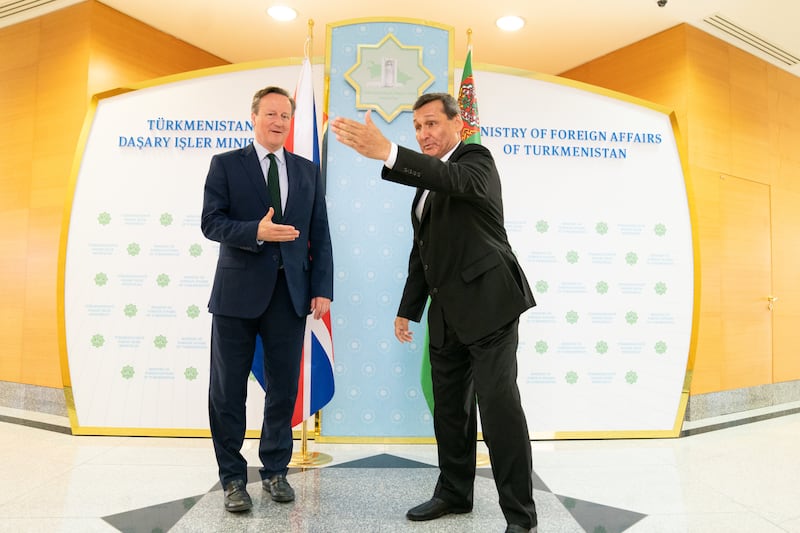BARACK Obama has said the United States would guard against any "adverse" impacts from the Brexit vote, but warned that a trade deal with the UK was not Washington's top priority.
The US President suggested the trading relationship between the UK and the States could become stronger in future and vowed to make sure it did not end up "unravelling" as the Brexit process began.
Theresa May held her first talks with the president since becoming prime minister at the G20 summit in Hangzhou, with trade one of the main items on the agenda.
During the referendum contest Mr Obama controversially warned that the UK would be at the "back of the queue" for a trade deal.
Challenged about his comments at a press conference alongside Mrs May, the US president said: "It is absolutely true that I believed pre-Brexit vote and continue to believe post-Brexit vote that the world benefited enormously from the UK participating in the EU.
"But I also said at the time that, ultimately, this was a decision for the British people and the British people made that decision."
Mr Obama said he had never suggested that the US would "punish" Britain for the vote.
But he said that Washington's focus was on the bigger prizes of the Trans-Pacific Partnership and the troubled US-EU trade deal, while the UK had to make sealing a deal with Brussels its main priority.
He said the US would work with Mrs May on the process: "We will consult and co-ordinate with her as she and her government move forward with the Brexit negotiations to ensure that we don't see any adverse effects in trading and commercial relationships between the United States and the United Kingdom."
Mr Obama added: "We are going to do everything we can to make sure that the consequences of the decision don't end up unravelling what is a very strong and robust economic relationship and could become even stronger in the future.
"But, first things first."
The US president said the "special relationship" would endure as the UK pursues an "orderly exit" from the EU.
He praised Mrs May as a "steadying influence during a time of transition".
Mrs May called the US a "special partner" for the United Kingdom, a "long-standing ally and close friend".
Speaking about their discussions over the UK's decision to leave the EU and its impact on relations with America, she said: "The UK has always been a strong partner for the US and that will remain the case."
Mrs May added: "We are both strong supporters of free trade and today we have discussed how to take forward consultations to ensure that the UK and US have the strongest possible trading relationship.
"This reinforces my belief that as we forge a new global role for the UK we can and will seize the opportunities that Brexit presents and make a success of it."
Earlier, Mrs May said: "There will be no second referendum, no attempt to turn the clock back or get out of this. [Britain] will be leaving the European Union."
European Council president Donald Tusk said there will be no negotiations with Britain on the terms of its departure from the EU until the British government formally invokes the two-year leaving process.
Speaking in Hangzhou, Mr Tusk said such pre-negotiations are not in the interests of the remaining 27 EU members.
"We need to protect the interests of the members of the EU that want to stay together, not the one which wants to leave," he said.
The UK has to invoke Article 50, the EU treaty clause that sets up the departure of a nation from the 28-member bloc.
Number 10 sought to play down Mr Obama's comments about the focus on multinational trade deals.
An official said: "He is a president who has invested a lot of time in multilateral trade deals, that sees those as kind of his legacy and has wanted to get those over the line.
"So I don't think him talking up those, and the focus and efforts that the US has put into those, is that much of a surprise, really.
"If you look at the timescales of the UK negotiating a trade deal and you look at the timescale before there will be a new US president, I wouldn't over-read his views."








